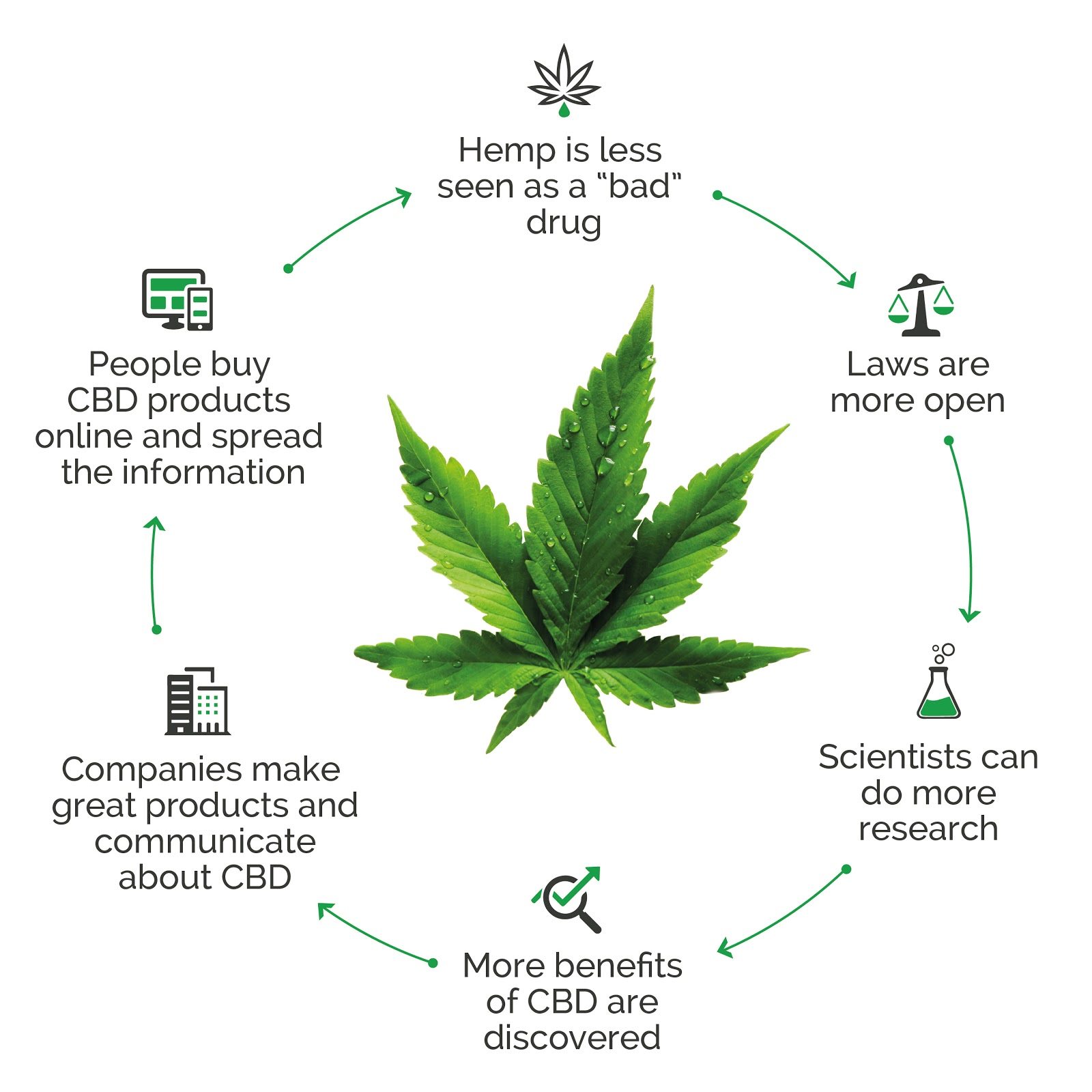From Sepsis to The Roc Trilogy
- CbdFit

- Oct 12, 2023
- 3 min read

From the depths of battling sepsis in 2021 to the triumphant finish line of a grueling triathlon trilogy in 2023, this journey is nothing short of awe-inspiring. I believe.

It all began with a fight for my life. Surviving sepsis septic shock meant enduring endless hospital corridors, the beep of monitors, and the tireless efforts of medical professionals. Each day was a step towards recovery, marked by the gradual return of strength and hope.

Severe sepsis is a critical medical condition that poses several significant risks and complications, even when treated promptly. Some of the risks include:
1. Organ Dysfunction or Failure: One of the primary risks of severe sepsis is the failure of multiple organs, including the heart, lungs, kidneys, liver, and brain. Organ dysfunction can lead to life-threatening conditions.

2. Septic Shock: In some cases, severe sepsis can progress to septic shock, which is characterized by a severe drop in blood pressure. Septic shock is a medical emergency and can be fatal if not treated immediately.
3. Long-Term Physical Effects: Survivors of severe sepsis may experience long-term physical effects, such as weakness, fatigue, muscle and joint pain, and reduced physical function. These effects can persist for months or even years.

4. Mental Health Issues: Sepsis survivors are at risk of developing mental health issues, including post-traumatic stress disorder (PTSD), anxiety, and depression, often stemming from the traumatic experience of severe illness and hospitalization.
5. Cognitive Impairment: Some individuals may experience cognitive impairment or "brain fog" after severe sepsis. This can affect memory, concentration, and overall cognitive function.

6. Amputation: In severe cases, sepsis can cause tissue damage and necrosis, which may necessitate amputation of affected limbs.
7. Death: Despite advances in medical care, severe sepsis can still have a high mortality rate, particularly in cases of delayed or inadequate treatment.

As I emerged from that life-altering ordeal, a spark ignited within me—a spark of resilience. It was a determination to prove that life's challenges couldn't hold me back. With unwavering dedication, I took my first tentative steps towards getting back to my passion - fitness.

The initial steps felt like scaling mountains, as my body had to relearn what it once took for granted. Every lap in the pool, every rotation of the bicycle pedal, and every step of the run was a testament to my unyielding spirit.

Training wasn't just about physical strength; it was a mental and emotional battle with depression, anxiety, panic attacks and PTSD too. Doubts and setbacks crept in, but I pushed them aside, my focus set on a lofty goal: get back to the triathlon. Each day of training brought progress, and with it, a renewed sense of purpose.

A spot on year after coming of critical care, Race day arrived—an ocean of emotions swirled within me. The water was icy, the bike ride challenging, and the run up Snowdon grueling. But with each stroke, pedal, and stride, I drew strength from my journey. The cheers of the crowd and the camaraderie of fellow athletes carried me forward.

As I crossed the finish line of that first triathlon, tears of triumph mingled with sweat. It was more than just a race; it was a testament to my indomitable spirit. And you I stop there. Following year I went on to conquer all three of The Roc triathlons, each one a chapter in my remarkable journey. The Roc trilogy with races in Wales, Cumbria & Scotland made my story the one of transformation, resilience, and the power of the human spirit. From surviving sepsis to crossing triathlon finish lines, I've shown the world that with unwavering determination, anything is possible. Anything..


I won't bother you with all the ugly hospital photos in this blog but you can read more here..

The Roc races YouTube videos








Comments